Vladimir Putin is no longer welcome at the G7, thanks to his government’s continued incursions into Ukraine’s territory. But two days after the meeting of Western powers in Germany, the Russian leader has a meeting with another world leader: Pope Francis.
The Bishop of Rome may not represent the United States or Germany, but he is increasingly a superpower in his own right, and the Wednesday meeting is a diplomatic test of how Francis will use his influence.
The meeting is the second between Putin and the pontiff. When Francis first met Putin in November 2013, Russia was still five months away from annexing Crimea. Since the conflict began, some 1.2 million Ukrainians have been internally displaced, according to the United Nations humanitarian office. Russia continues to deny that it is sending troops across the border or arming Russian-backed separatists, and international pressure mounts to address the crisis. “Russian aggression” against Ukraine, Obama said this week, topped the G7’s recent agenda, and Vice President Joe Biden is scheduled to meet with the Ukrainian prime minister Wednesday as well. “[Putin’s] got to make a decision: Does he continue to wreck his country’s economy and continue Russia’s isolation in pursuit of a wrong-headed desire to re-create the glories of the Soviet empire?” Obama said this week.
The Holy See, meanwhile, is working to build diplomatic relations with Russia. The two have only had full diplomatic relations for six years, and those relations took years to build after half a century during which the Soviet Union was an officially atheist state. No pope has ever visited Russia, and even when Putin first met Francis in November 2013, he did not invite Francis to become the first to do so.
Pope Francis has been working to carefully move the relationship forward, especially to advance some of the Vatican’s other diplomatic interests. He wrote to Putin when he was hosting the G-20 summit in 2013 and urged world leaders there to oppose military intervention in Syria. The Vatican has been strengthening ties with Orthodox Christian leaders via ecumenical efforts and Pope Francis’ friendship with Patriarch Bartholomew, the leader of the Orthodox Christian Church, whose leadership is at times at odds with the Russian Orthodox Church closely tied to Putin’s government. Russia has also been a partner for Francis’ efforts to protect Middle East Christians, especially because of the shared Orthodox Christian experience in Russia and much of the Middle East. In March, the Holy See issued a joint statement to the United Nations Human Rights Council with Russia and Lebanon, “Supporting the Human Rights of Christians and Other Communities, particularly in the Middle East.”
Francis also has interests of his flock in Ukraine to consider. Archbishop Sviatoslav Shevchuk, the leader of the Ukrainian Greek Catholic Church, has urged Pope Francis to take a tougher stance against Putin. “As sons, we always expect more from the Holy Father … we respect his freedom to use the words that will help him mediate in the peace process.” Shevchuk said in February, according to the Catholic news site Crux.
Shevchuk has previously touted Francis’ own familiarity with the church in Ukraine—as a student in Buenos Aires, then-Jorge Bergoglio would go to Divine Liturgy with Ukrainian Father Stepan Chmil, Shevchuk has said, and as an archbishop, Bergoglio served as the ordinary for Eastern Christians without their own priests.
So far Pope Francis has expressed concern over the Ukraine issue, but only up to a point. When Shevchuk and other Ukranian bishops met with him in February, Francis called on all parties to “apply the agreements reached by mutual accord” and “to be respectful to the principle of international legality.” He also called the Ukranian bishops “full citizens” and assured them that “the Holy See is at your side, even in international forums, to ensure your rights, your concerns, and the just evangelical values that animate you are understood.”
What that protection looks like in practical terms is still an open question, and they and the world will be watching the Wednesday face-off. In recent months, Pope Francis has earned praise for helping broker a new relationship between the United States and Cuba, but that was a situation where both sides wanted to pursue peace.
The Russian conflict is very different. Even if Francis chooses to take a tougher line with Putin, there are limits to his influence. Putin has not been persuaded by the actions of the G7, after all, and the Vatican’s primary superpower is a moral one.
See Pictures of a Young Vladimir Putin
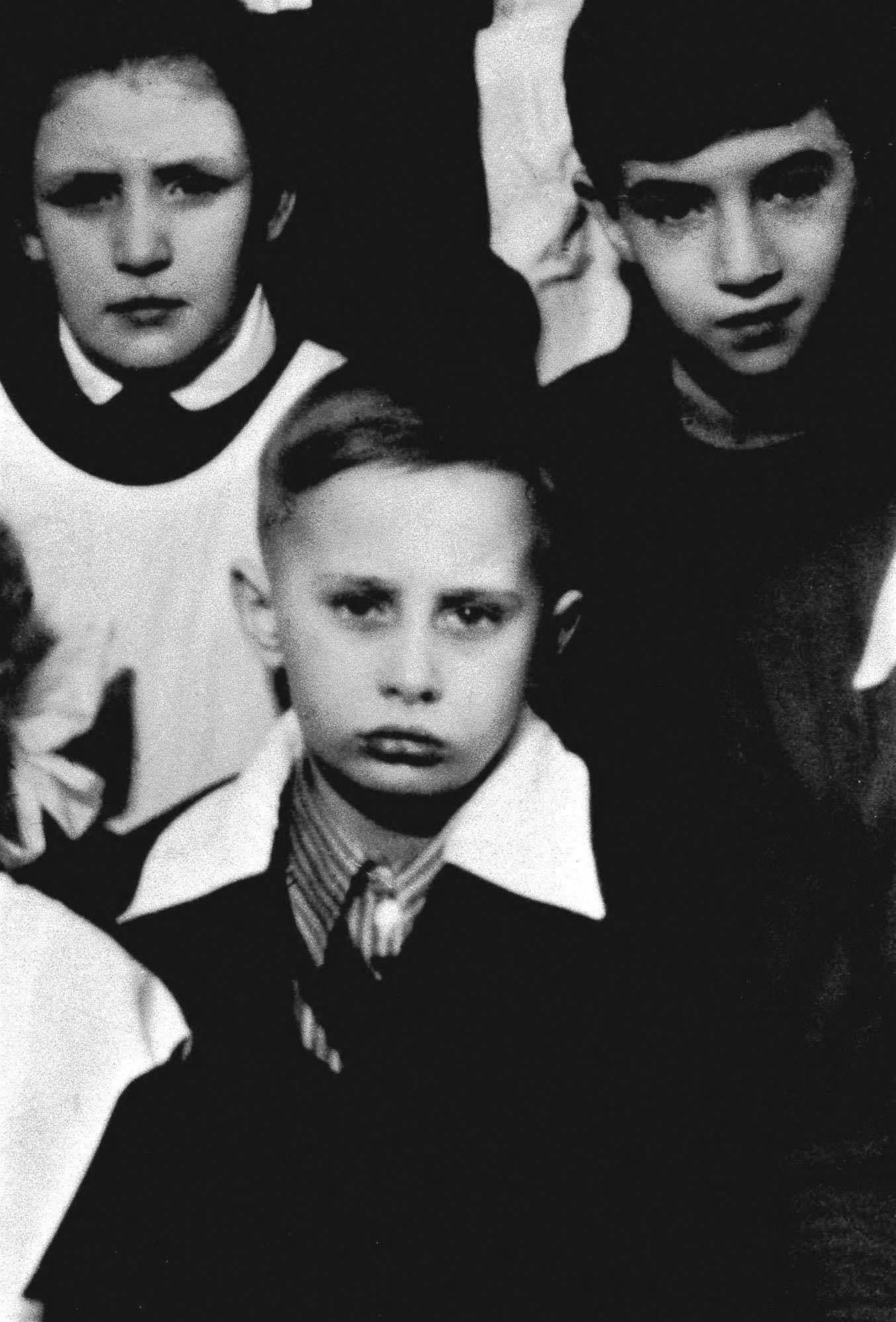
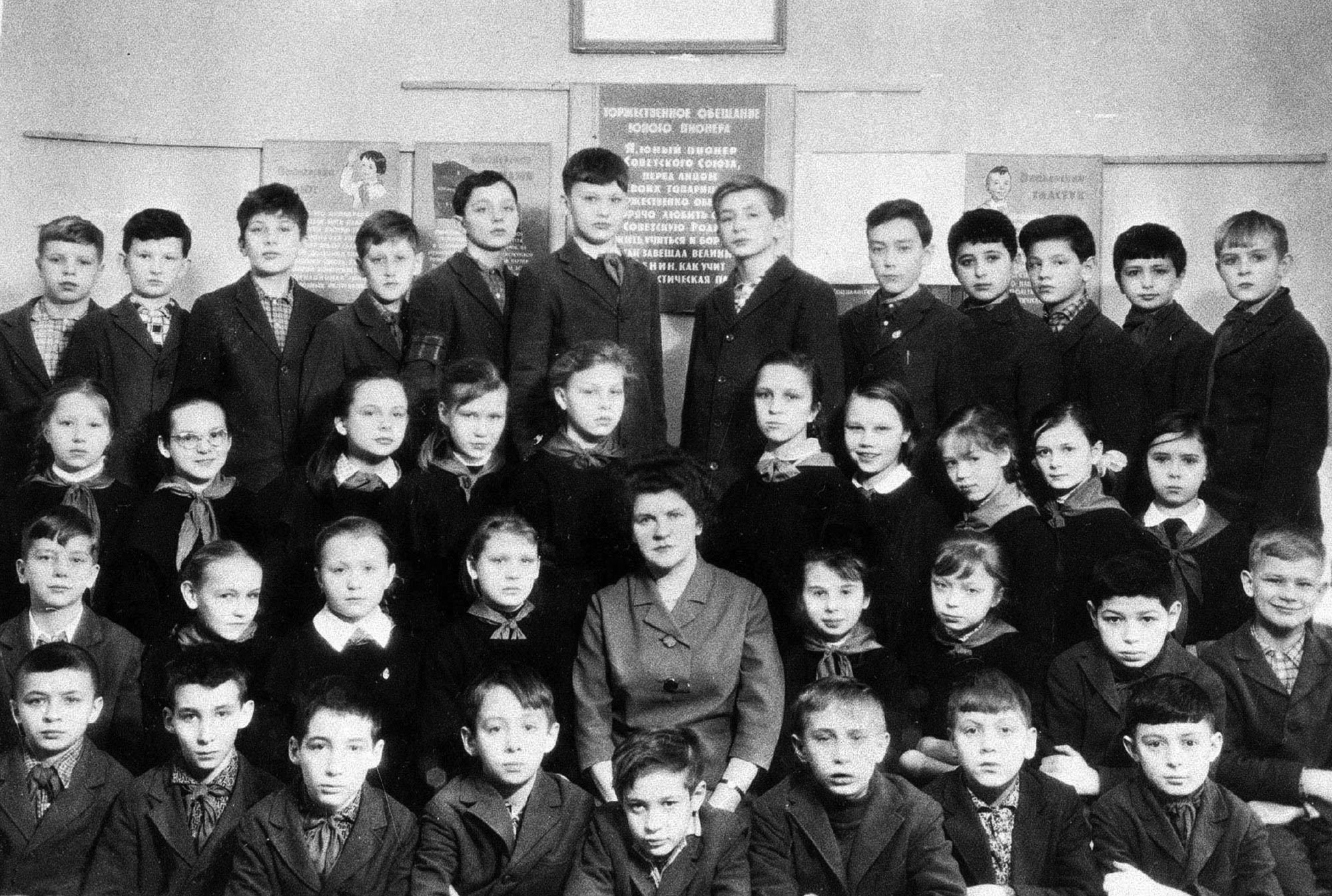
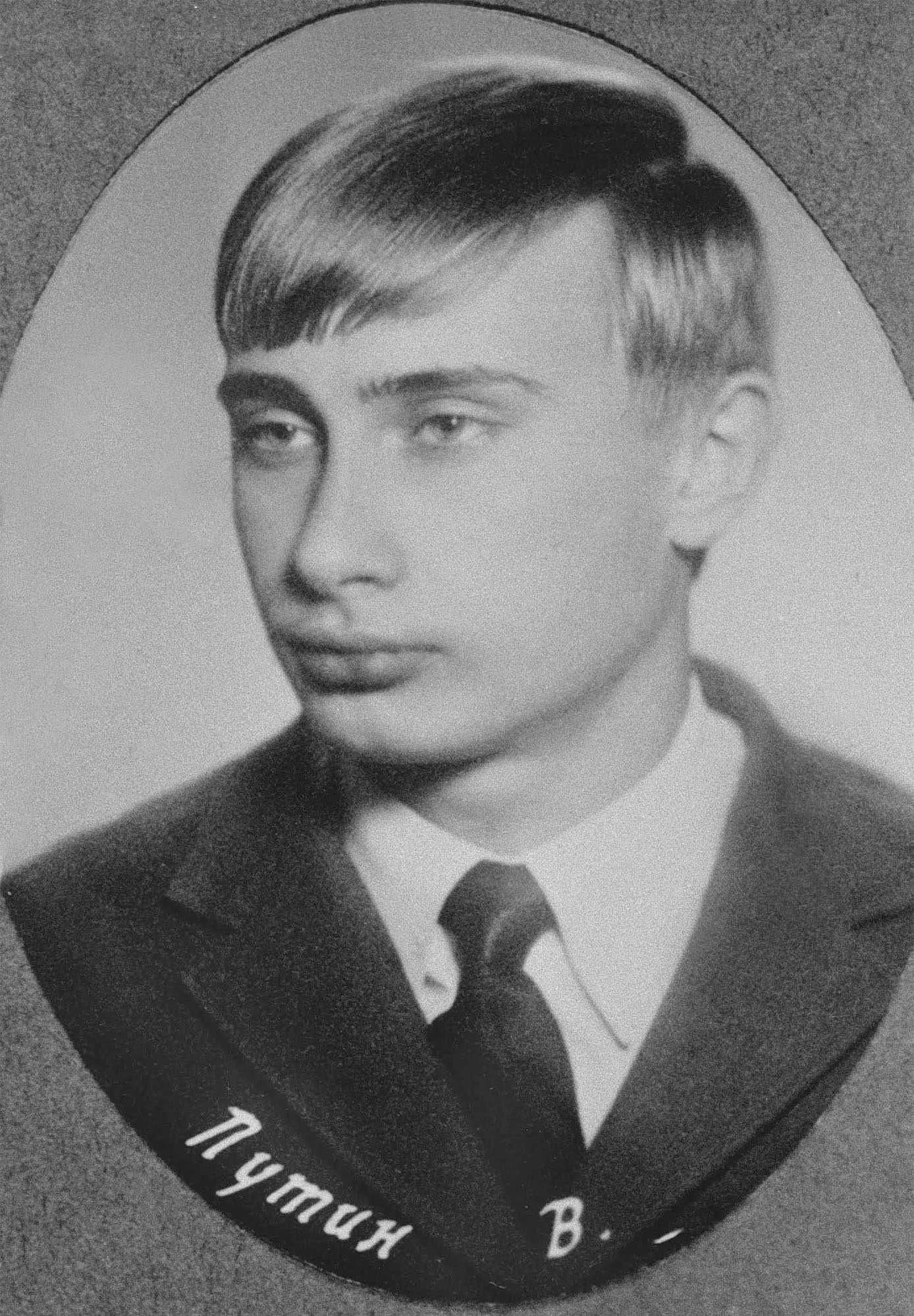
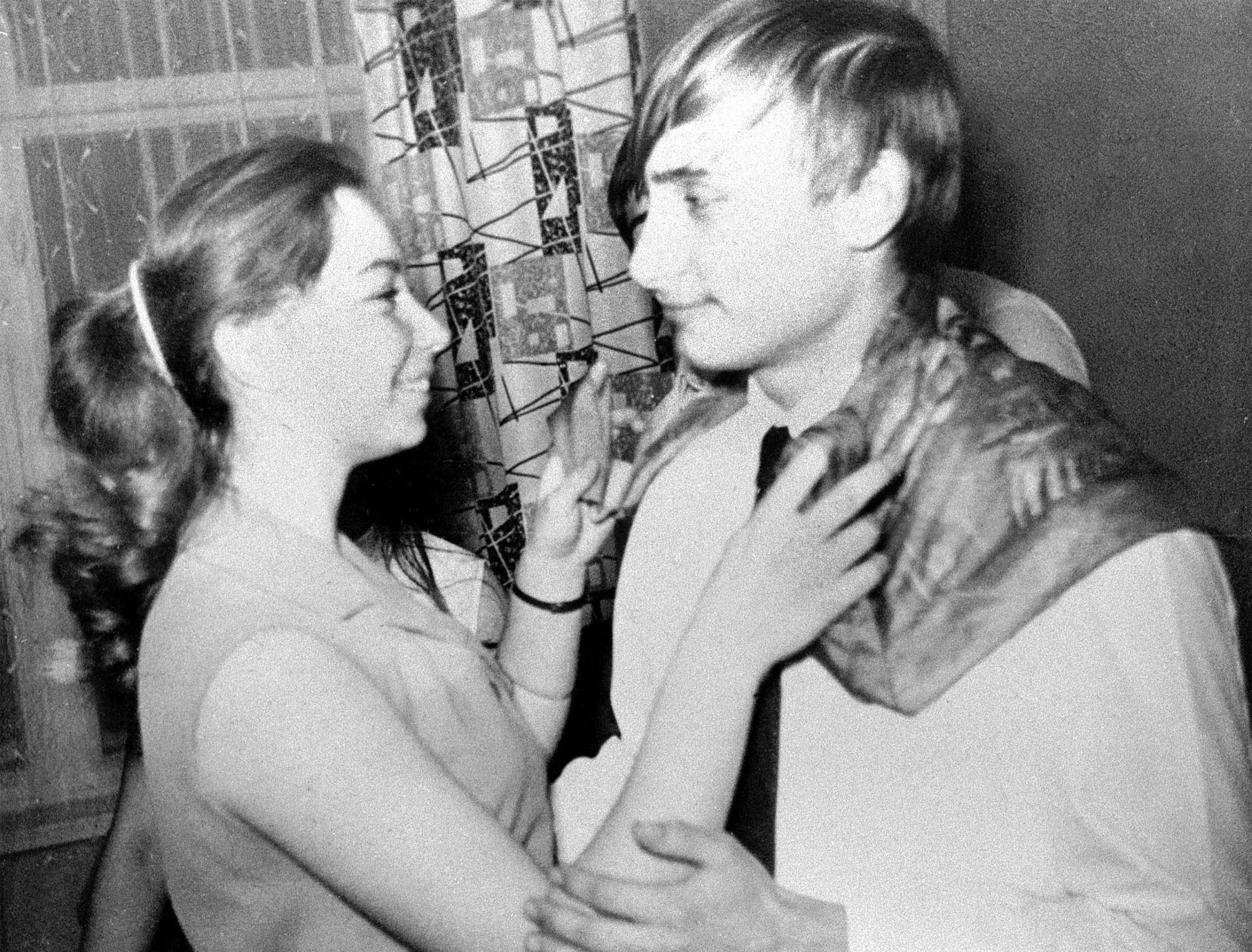
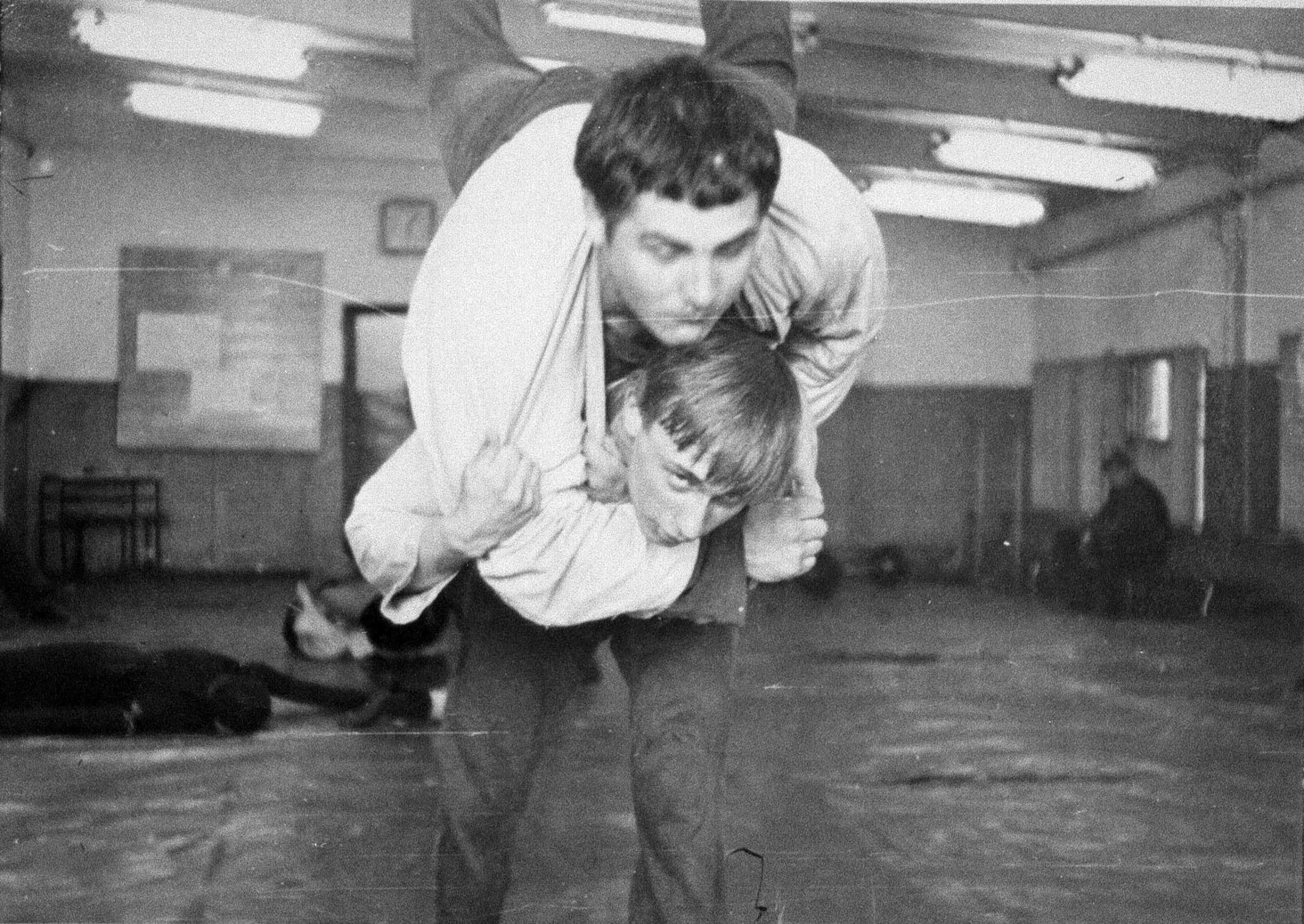
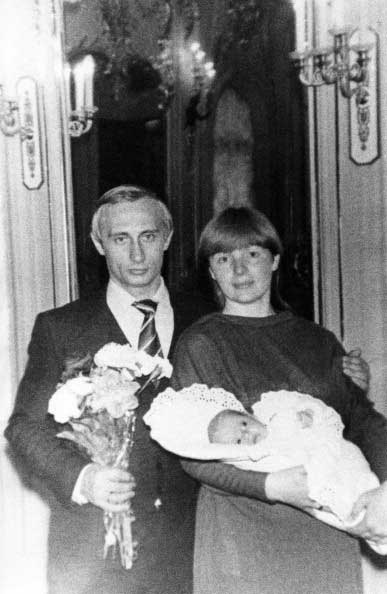
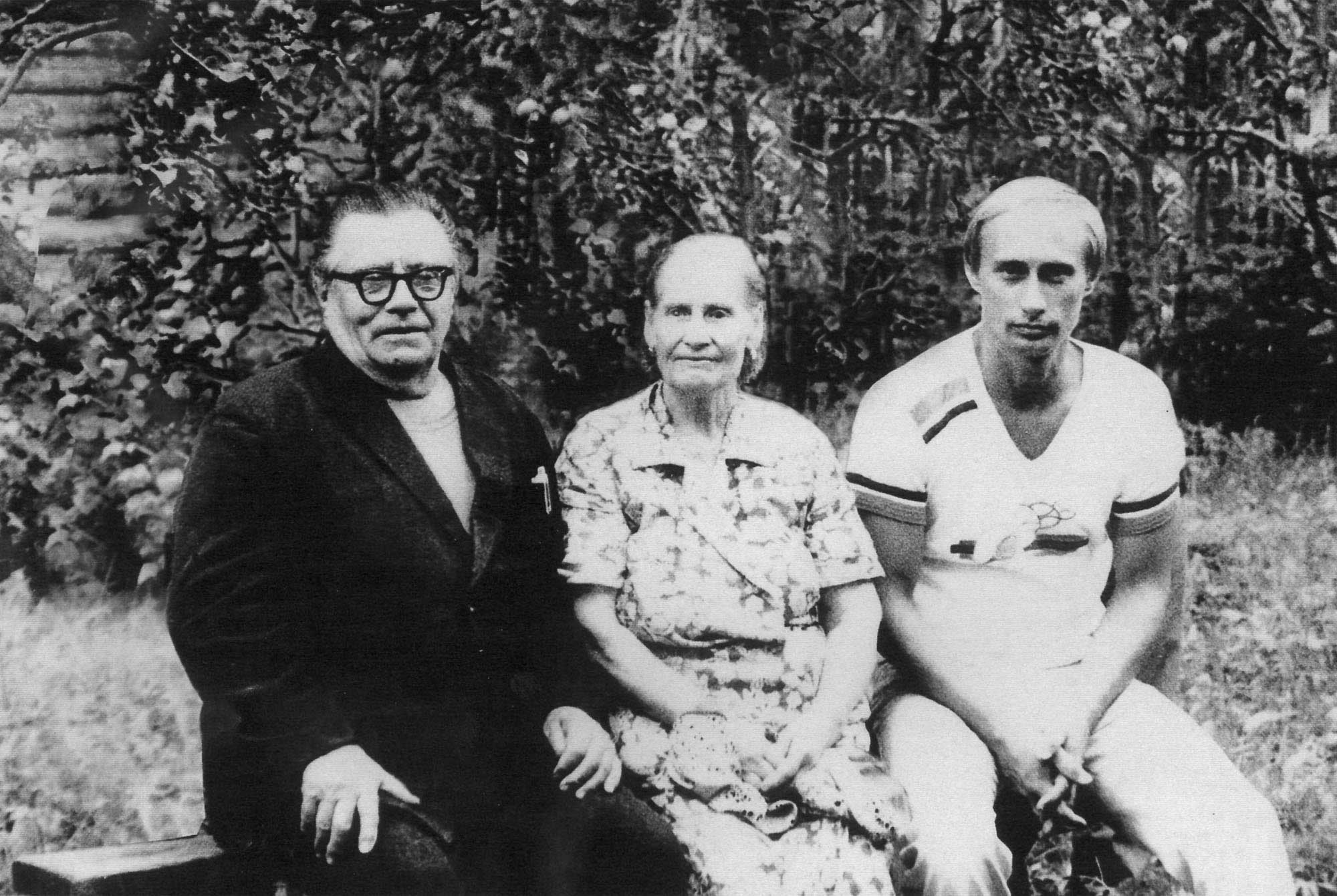
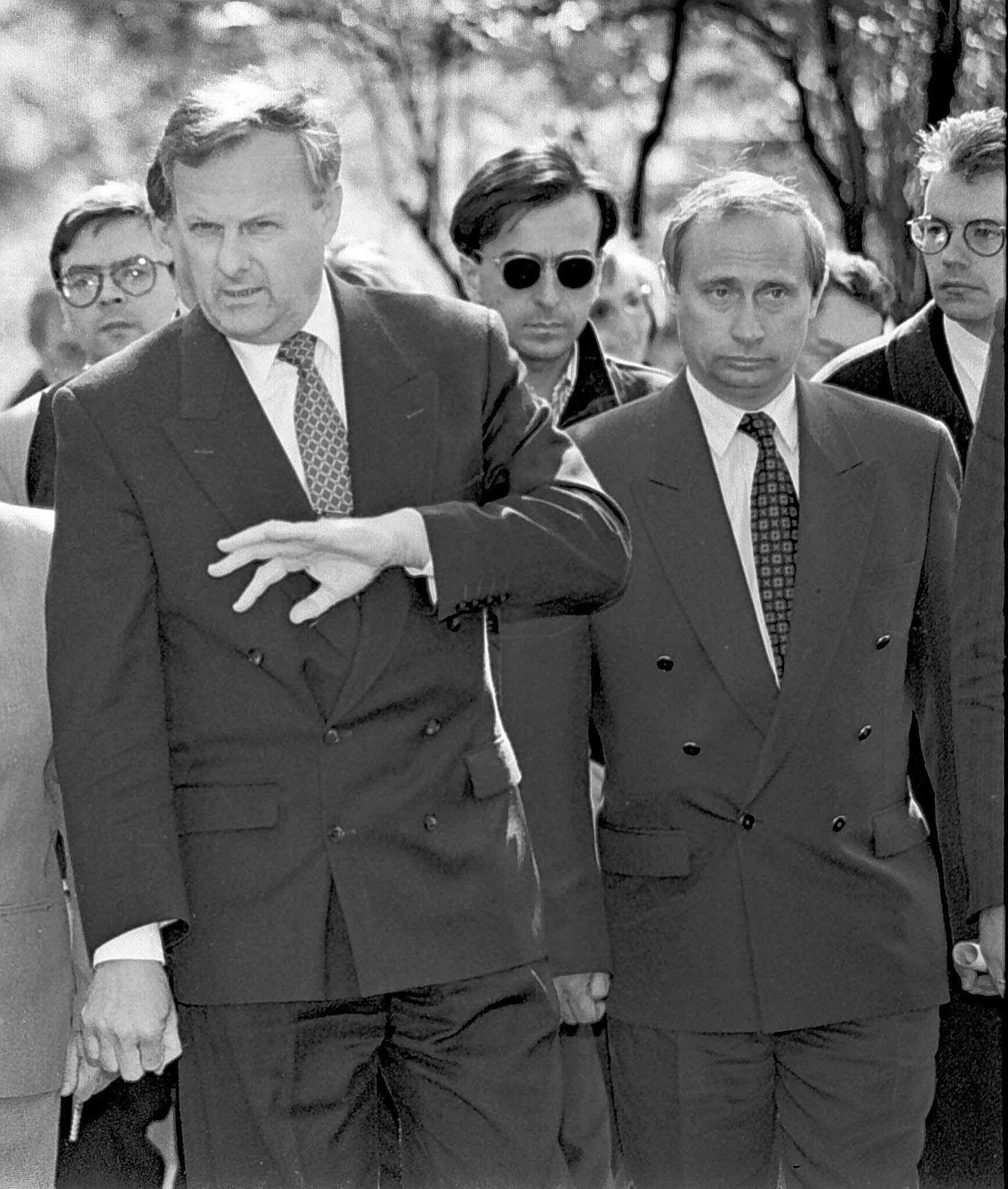
More Must-Reads from TIME
- How Donald Trump Won
- The Best Inventions of 2024
- Why Sleep Is the Key to Living Longer
- Robert Zemeckis Just Wants to Move You
- How to Break 8 Toxic Communication Habits
- Nicola Coughlan Bet on Herself—And Won
- Why Vinegar Is So Good for You
- Meet TIME's Newest Class of Next Generation Leaders
Contact us at letters@time.com